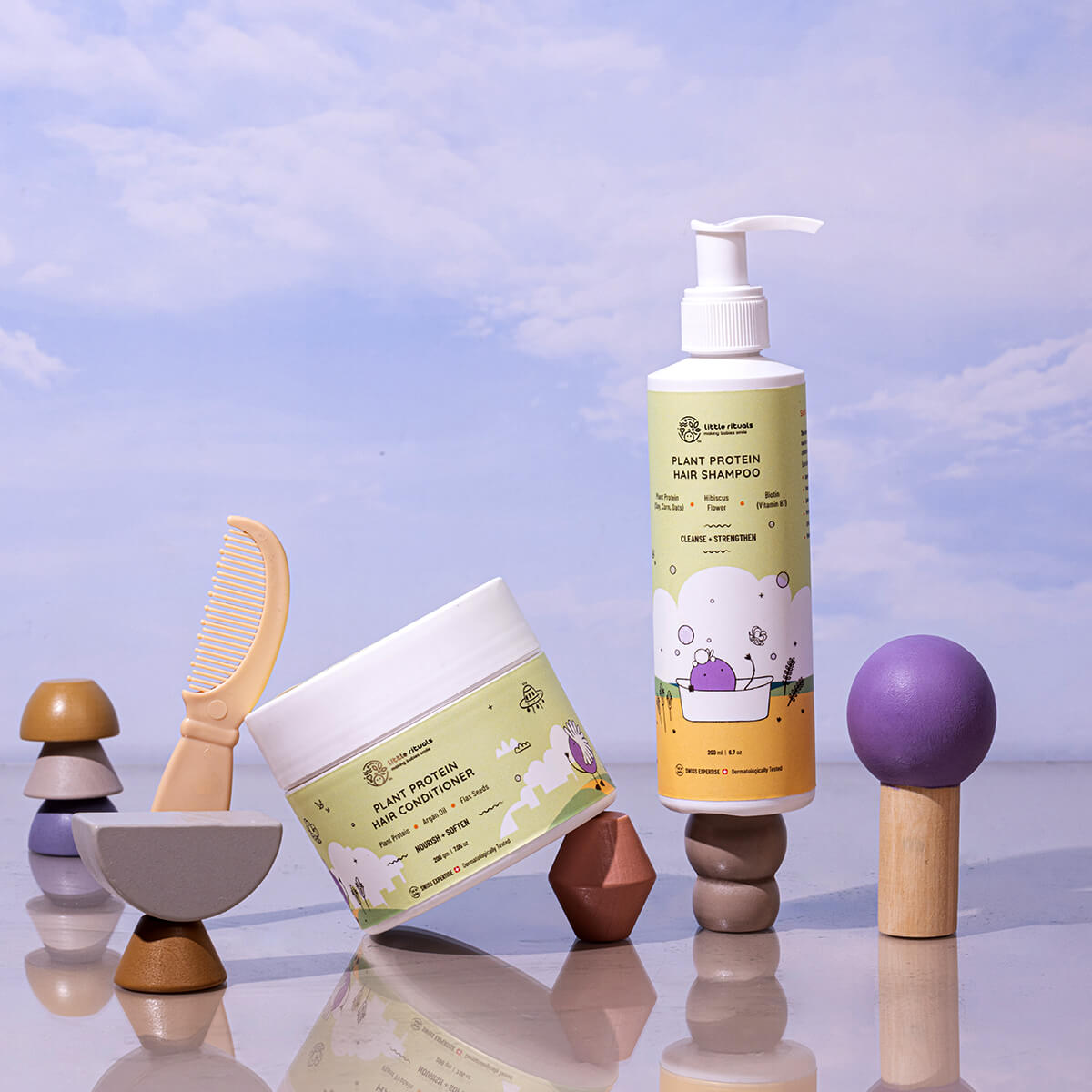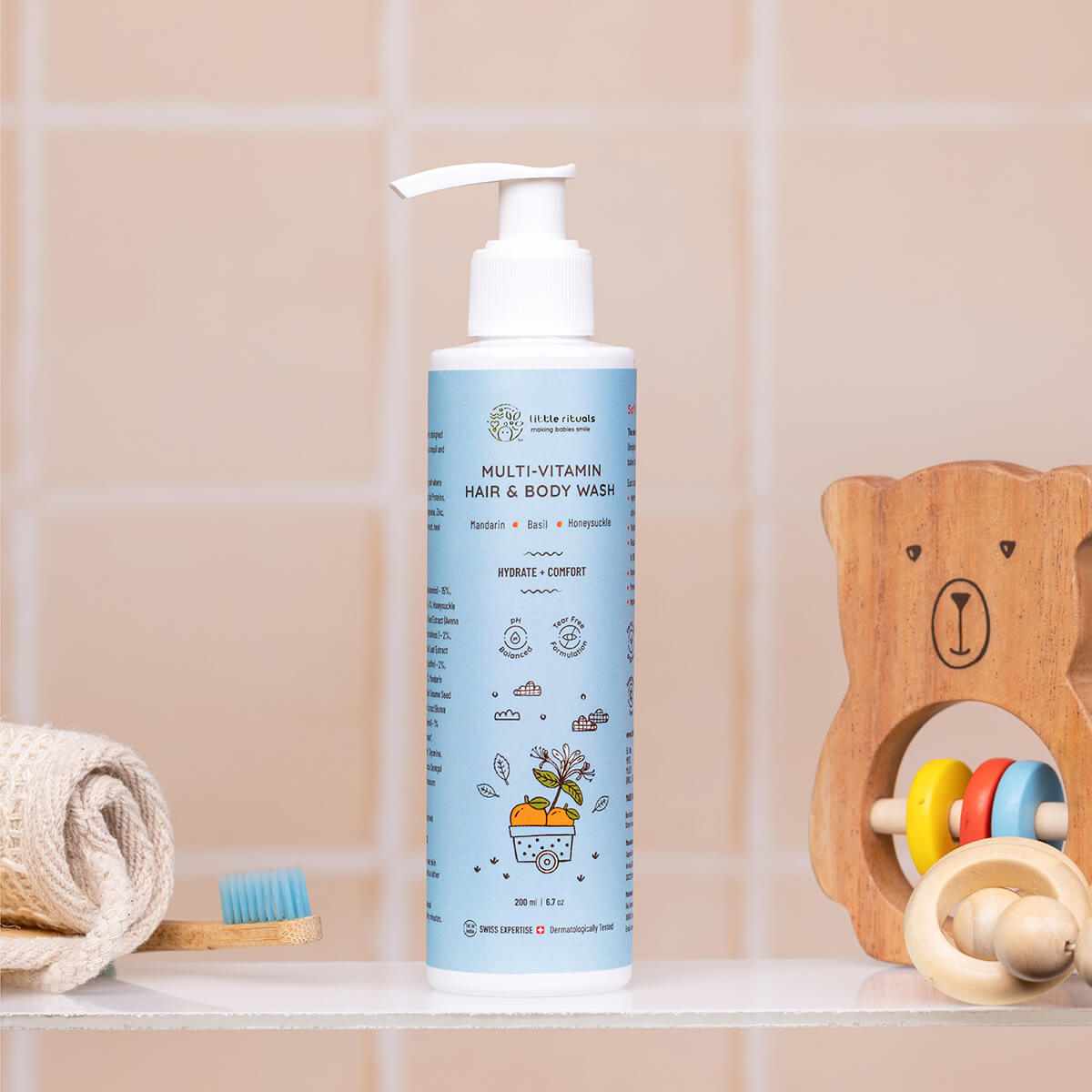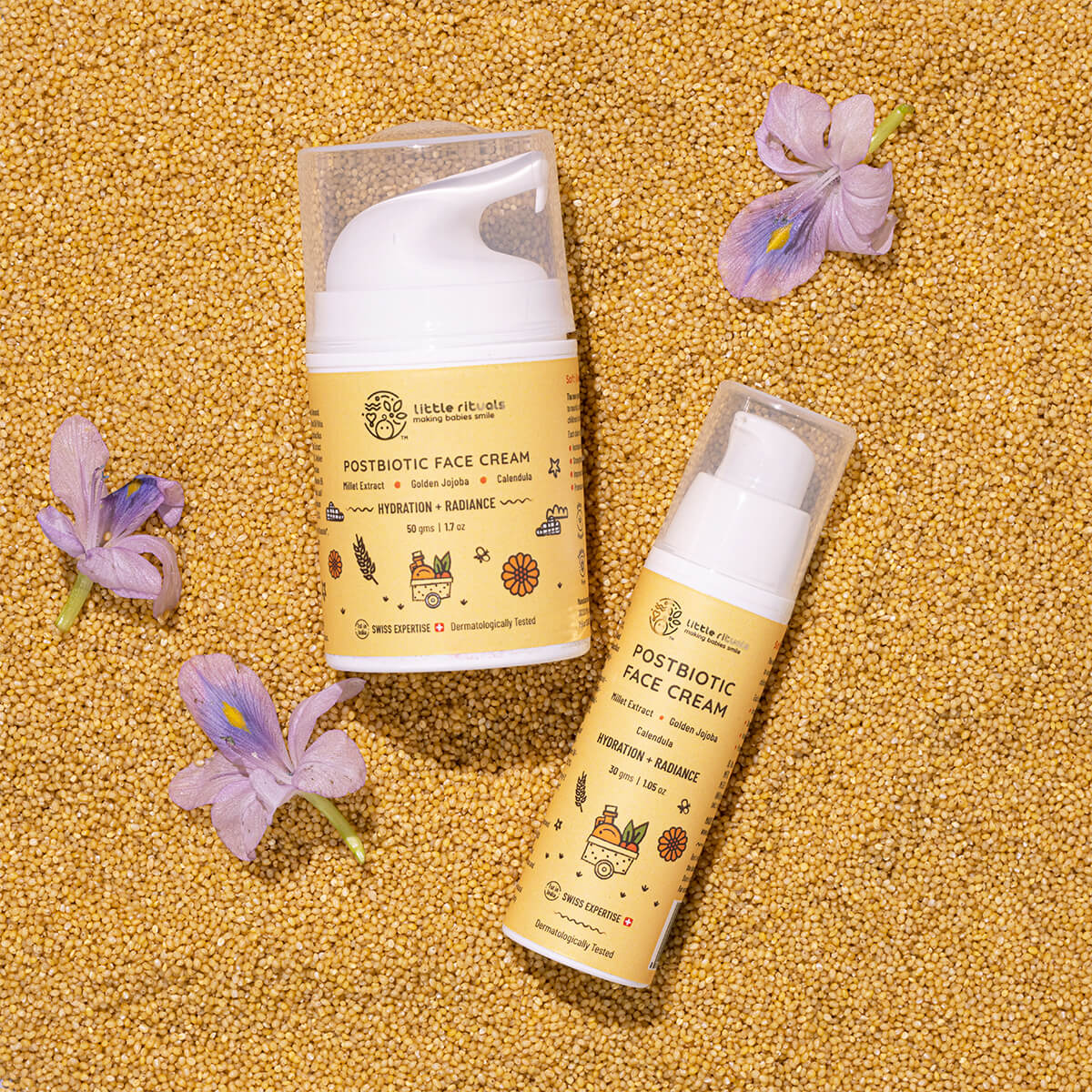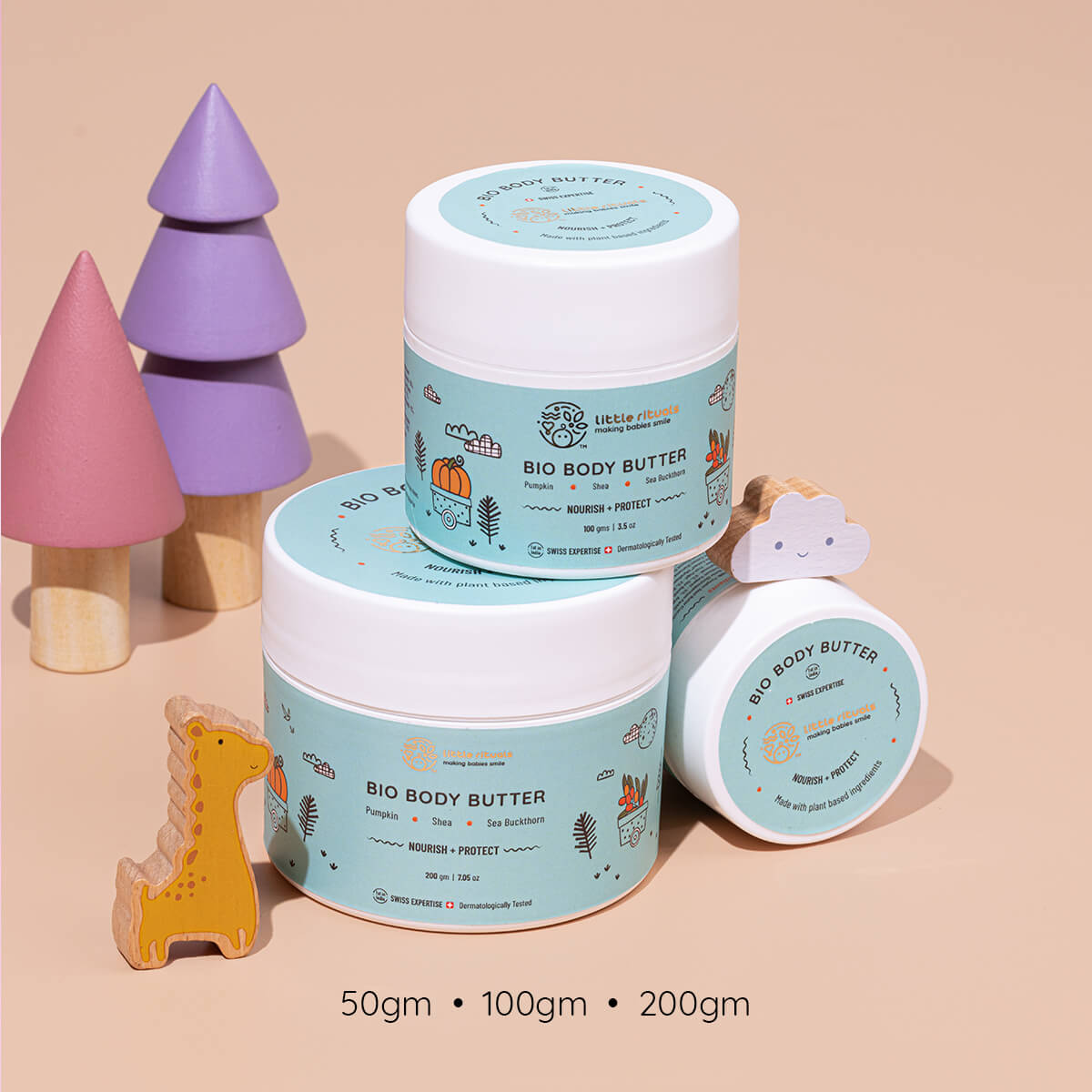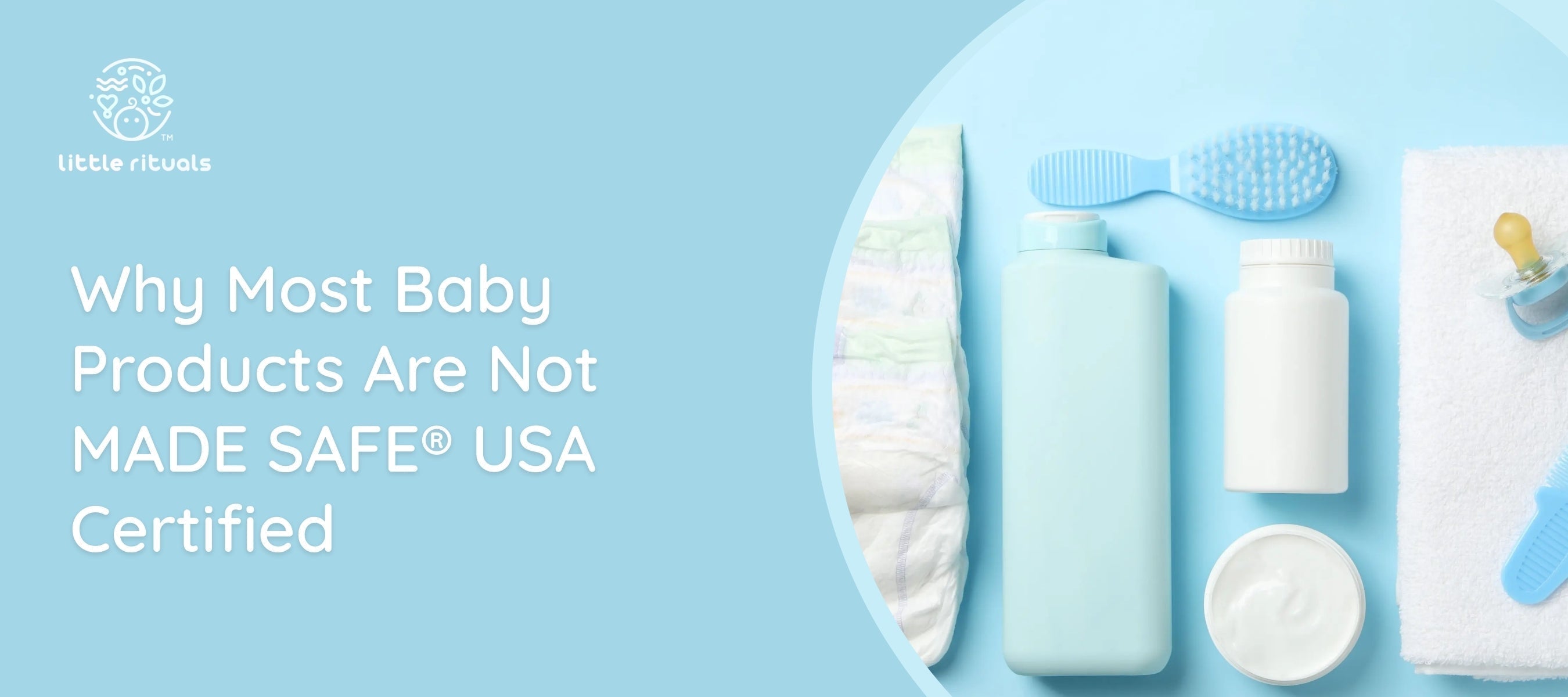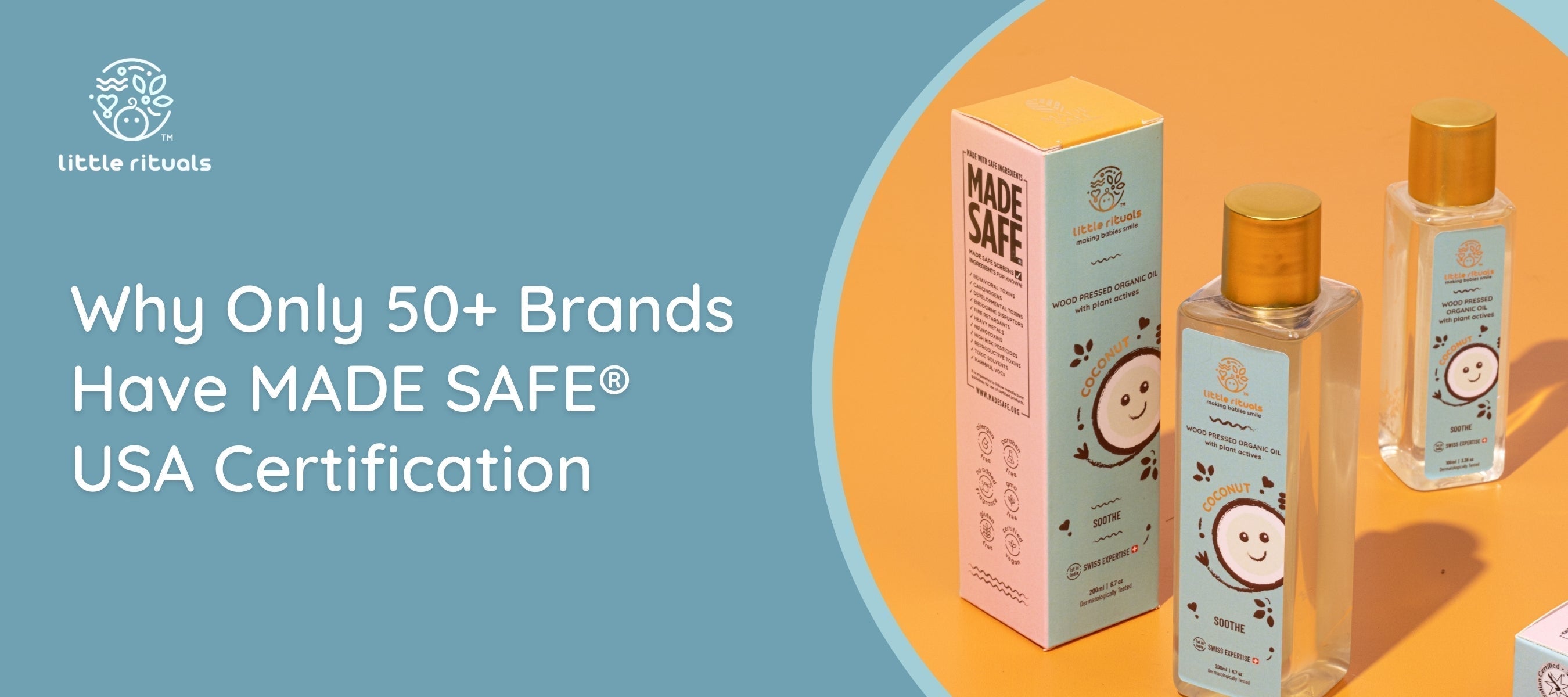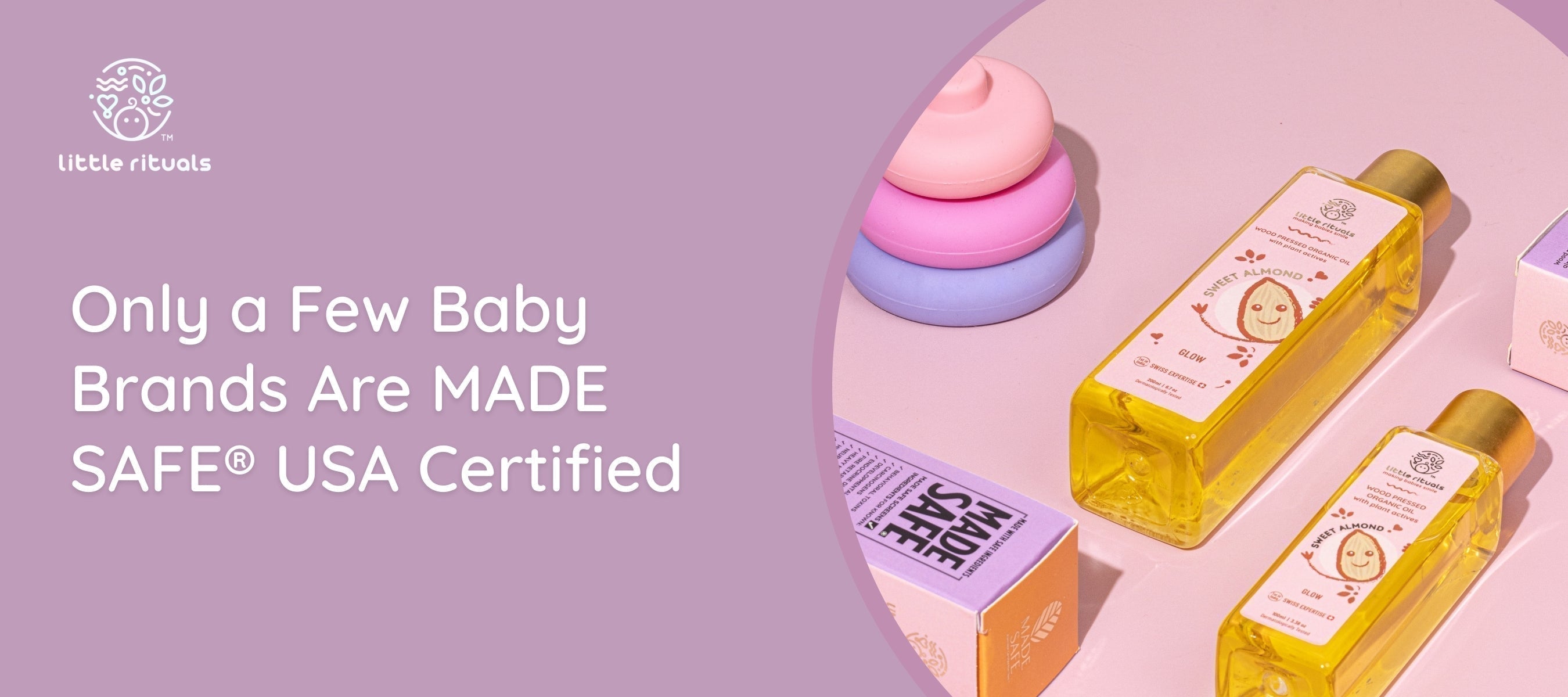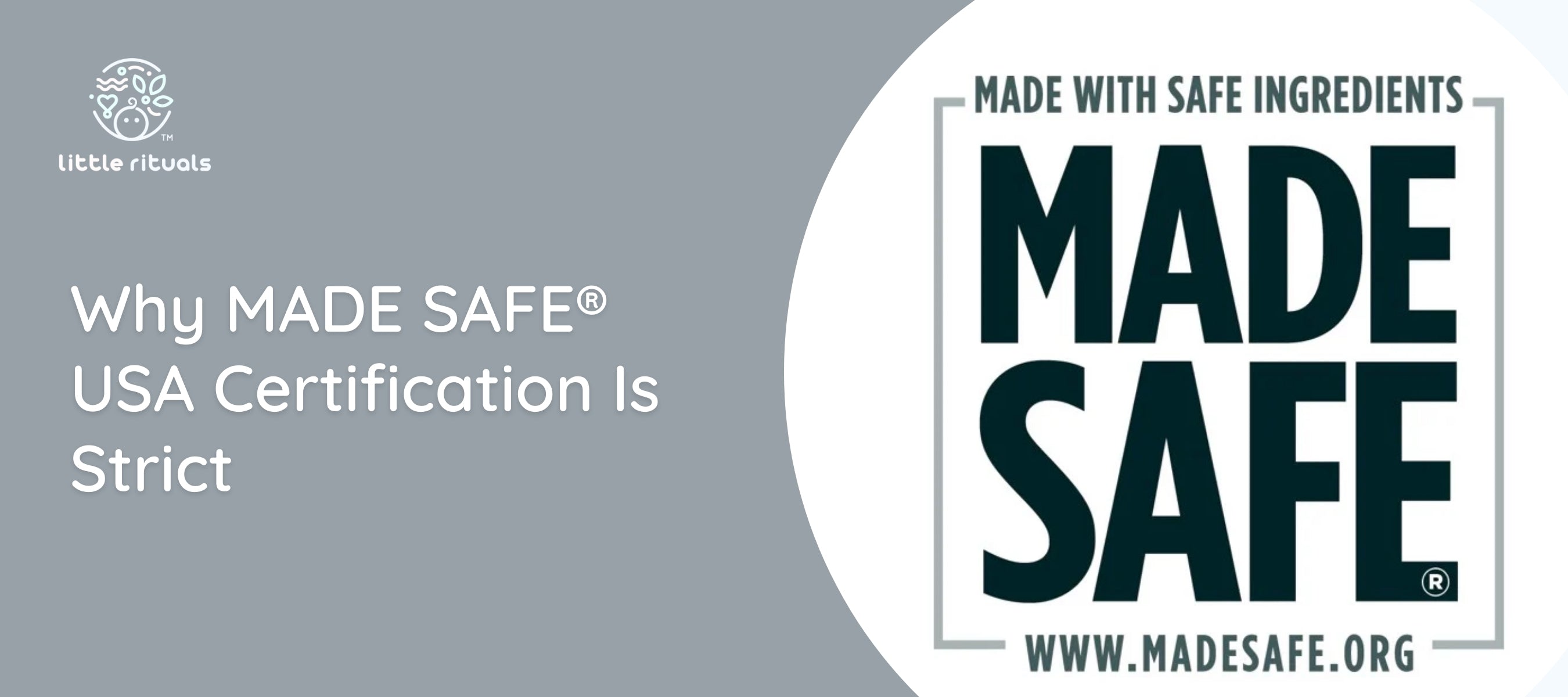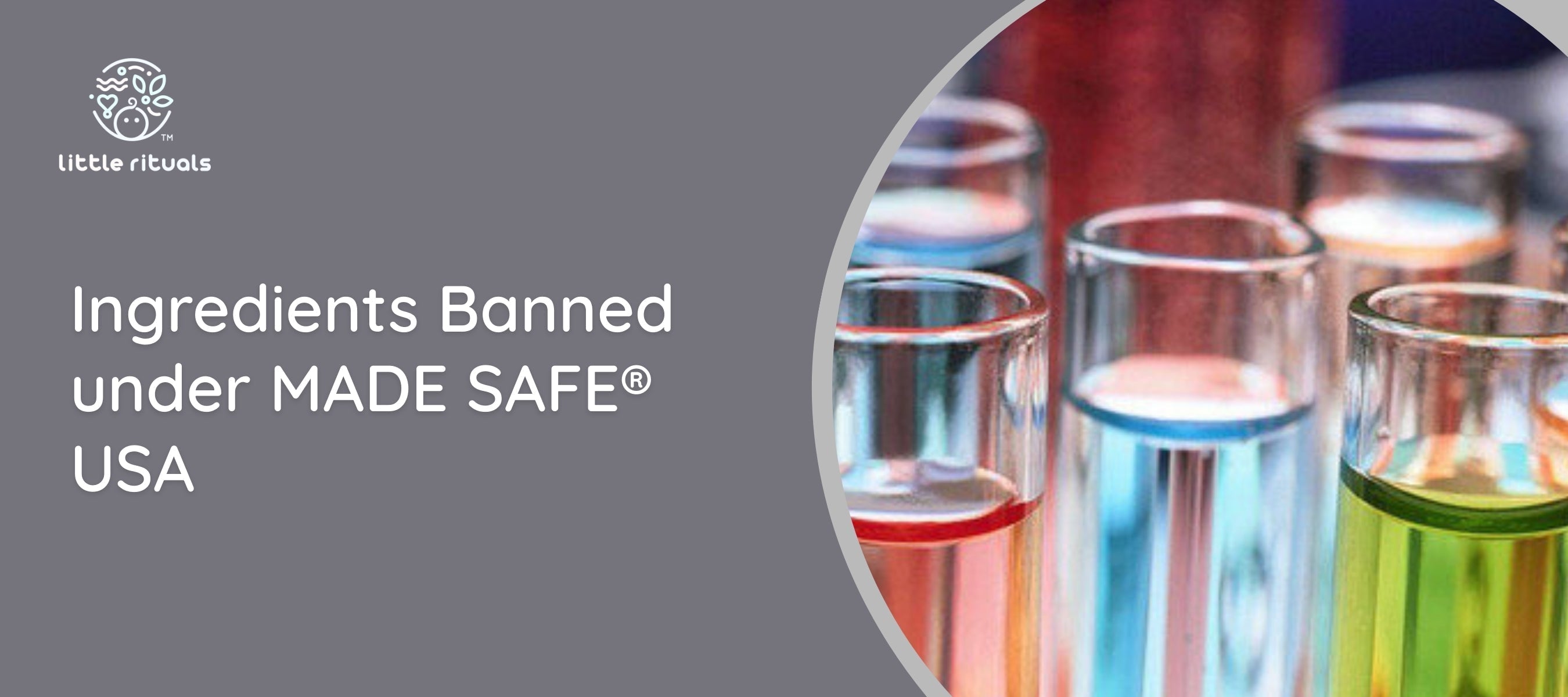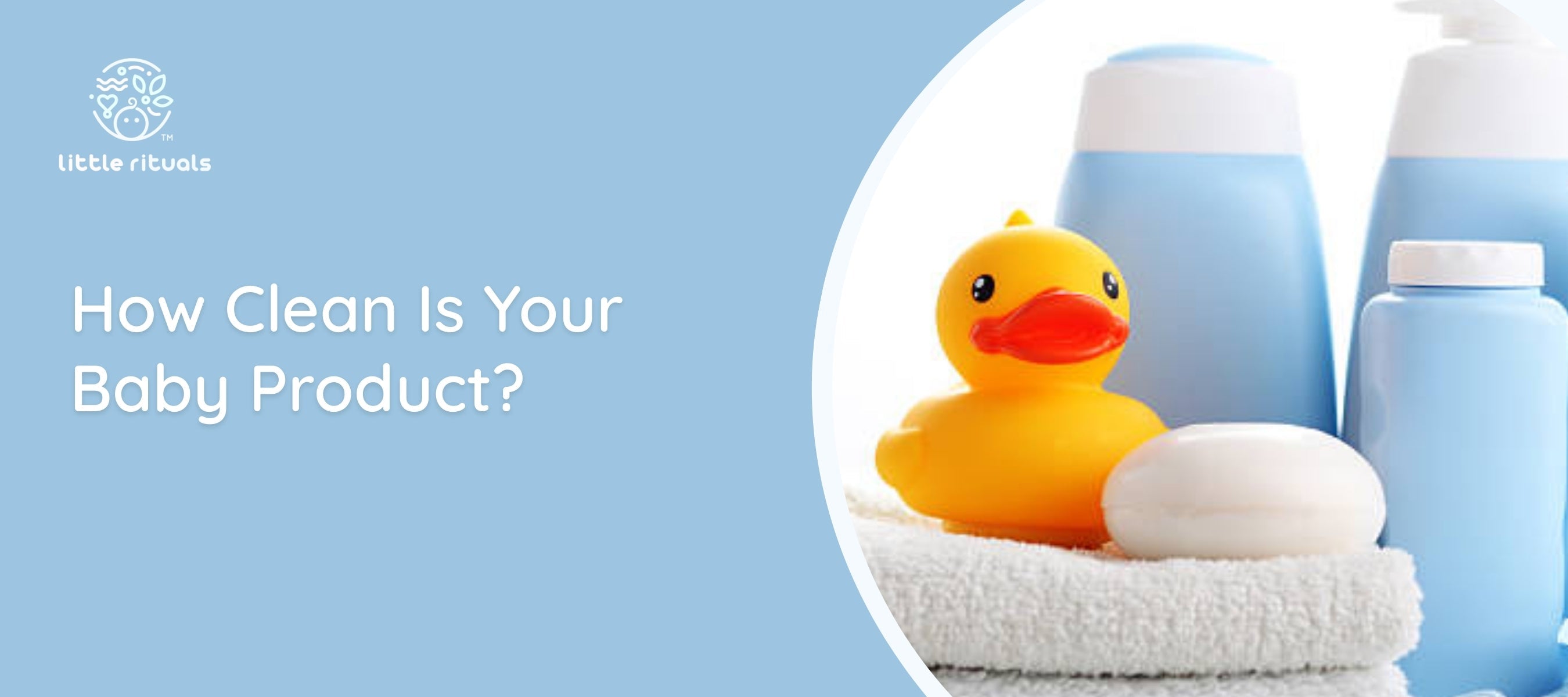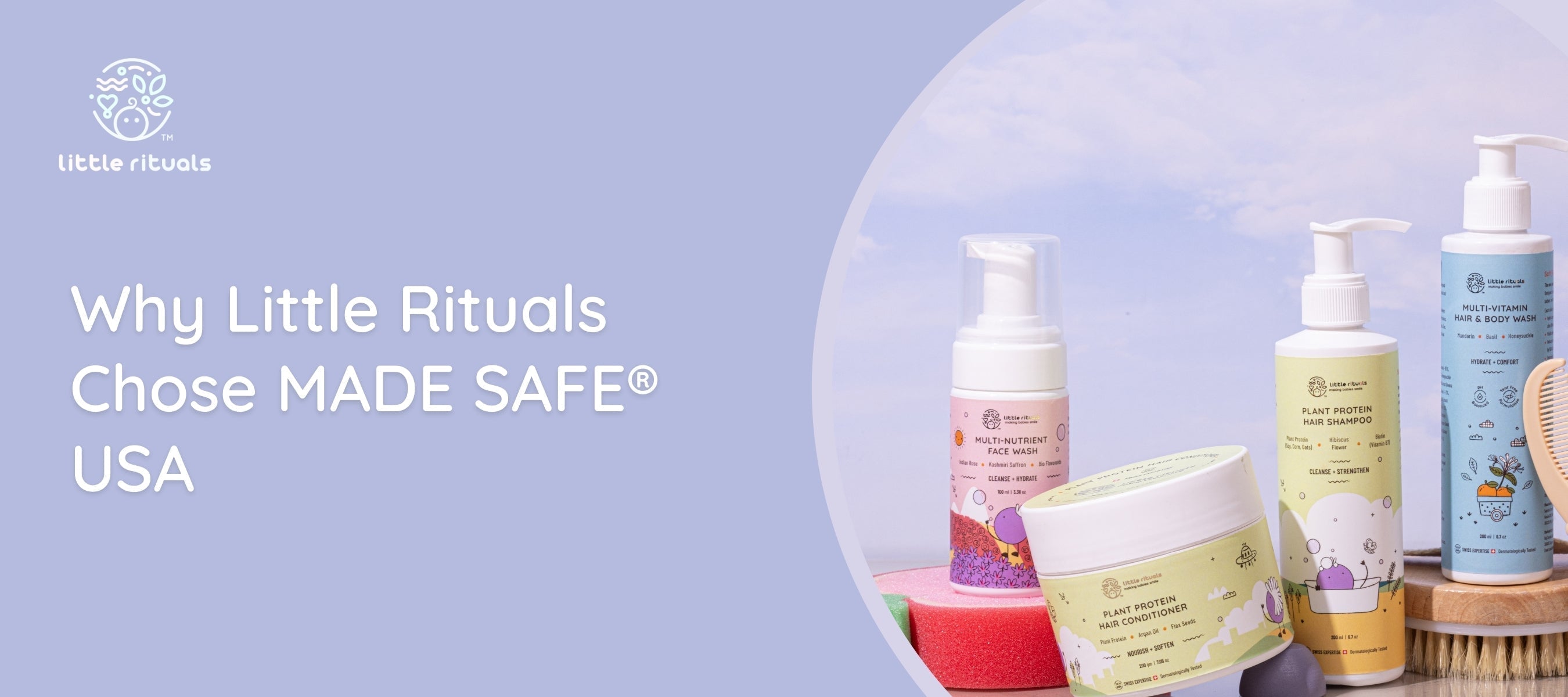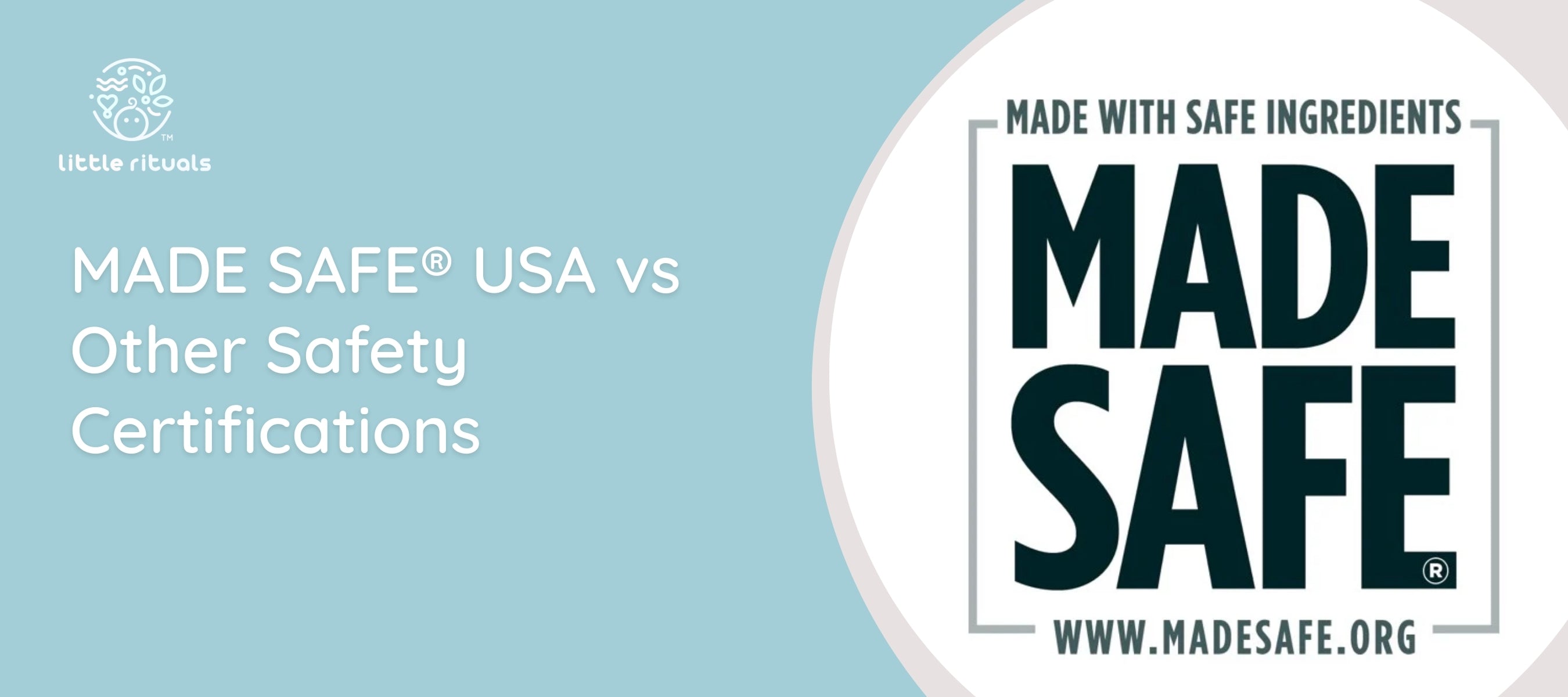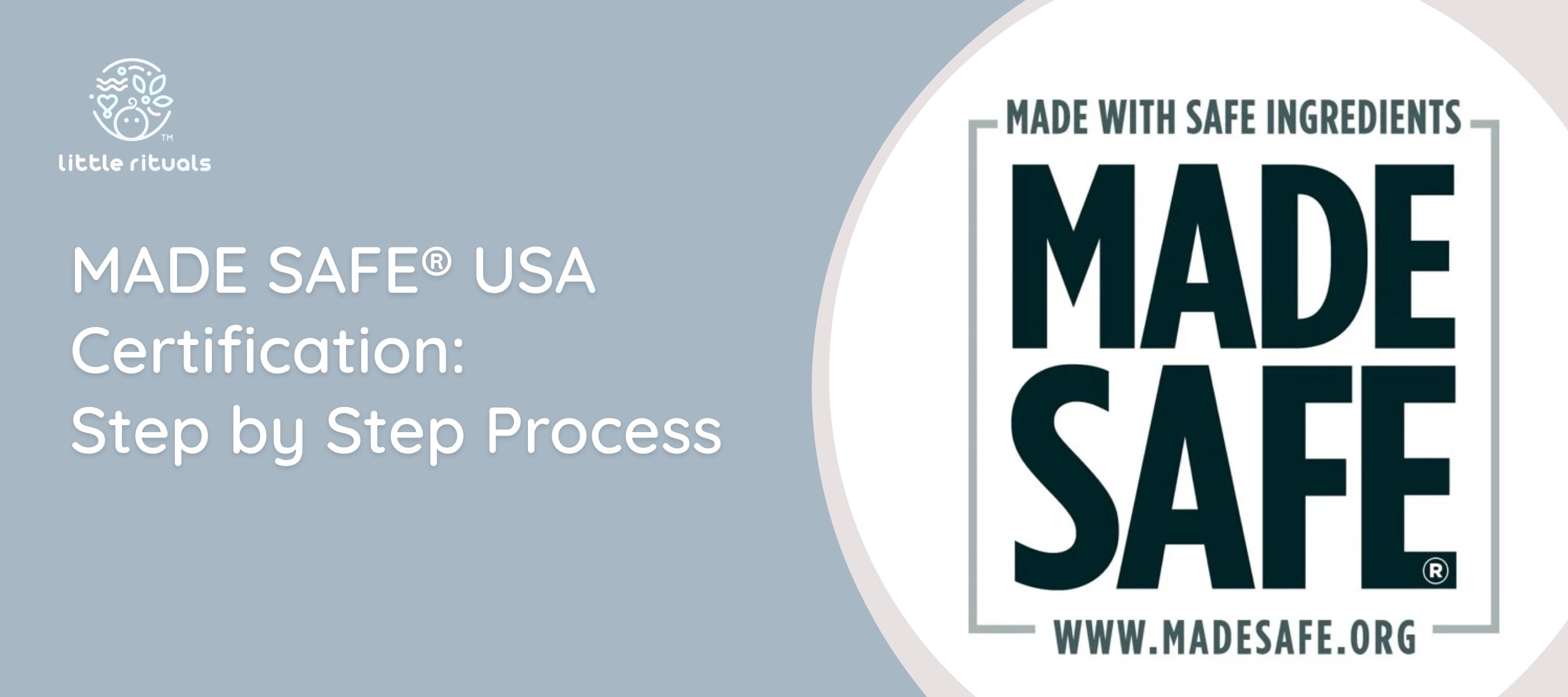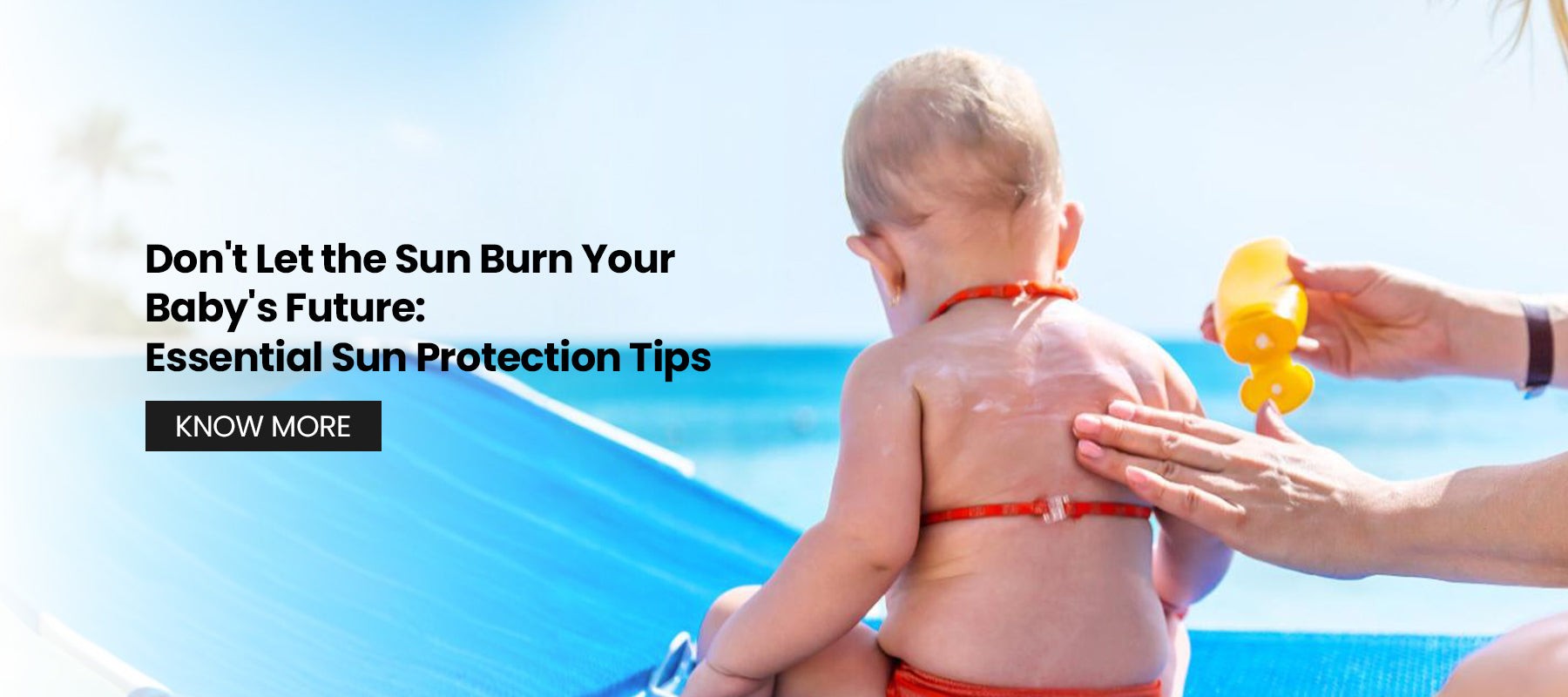
Don't Let the Sun Burn Your Baby's Future: Essential Sun Protection Tips
Sunshine is a cherished part of life, offering warmth, vitamin D, and a mood boost. Yet, for babies with delicate skin, unprotected sun exposure can have unintended consequences, both immediate and long-term. The sun's ultraviolet (UV) rays can cause sunburn, premature aging, and even increase the risk of skin cancer later in life. In today's paradigm exposure to the sun during daytime does more harm than good.
You may think, keeping children under-roof and refraining from going to active sunlight as an alternative. However, you may dodge a bullet with the same, it is not a resolution. It will not only affect the other aspects and cognitive development of a child, but it will cause a major vitamin D deficiency.
This is why sun protection for babies is absolutely crucial. It's not about keeping your little one cooped up inside; it's about enjoying the outdoors safely and responsibly. This blog equips you with essential sun protection tips to ensure your baby's fun in the sun translates to a healthy future.

Understanding Sun Damage in Babies
A baby's skin is much thinner and more fragile compared to adults. This makes it significantly more susceptible to sun damage. Unlike adults, babies haven't developed the full capacity to produce melanin, the pigment that protects skin from UV rays. This leaves them vulnerable to sunburn, which can manifest as redness, pain, and blistering.
Sunburn, even a single instance, can have lasting effects. It increases the risk of future sunburns and potentially contributes to the development of skin cancer later in life. Sun damage can also lead to premature aging, manifesting as wrinkles and sunspots. Here, skin care products act as infant sun protection and safeguard the skin of your child from any harm that may occur due to sunlight exposure.
Parents are increasingly prioritizing high-quality, chemical-free solutions to protect their little ones. Using the best sunscreen for babies in India is essential to shield their sensitive skin from harmful UV rays. Dermatologists recommend opting for organic sunscreen for kids, which provides natural and safe protection without harsh chemicals. For comprehensive coverage, baby sunscreen SPF 50 offers a high level of defense against both UVA and UVB rays.
When choosing baby sunscreen for face application, ensure the formula is lightweight, non-greasy, and gentle enough for delicate facial skin. Modern sunscreens are designed to be water-resistant and hypoallergenic, catering to active babies who spend time outdoors. As the awareness of sun protection grows, investing in quality sun care products not only protects your baby now but also promotes long-term skin health. Always check labels for broad-spectrum protection and ensure regular reapplication during sun exposure to maintain effectiveness.
Related Read: How to Soothe a Baby's Sunburn
Sun Protection Strategies for Every Age
The American Academy of Pediatrics (AAP) recommends avoiding direct sunlight for babies younger than 6 months. However, complete sun avoidance isn't always practical. Here are sun protection strategies tailored to different age groups:-
Newborns (0-6 months)
-
Seek Shade: This is the most crucial strategy for newborns. Plan outdoor activities during shade-rich times like early morning or late afternoon. Utilize umbrellas, strollers with canopies, or portable sun shades for added protection. . Investing in innovative sun-blocking covers with UV-reflective technology is a growing trend in 2025, offering superior protection during walks.
- Cover Up: Dress your baby in loose-fitting, lightweight clothing with long sleeves and legs. Look for fabrics with a tight weave that offer Ultraviolet Protection Factor (UPF) 50+ protection.Modern baby clothing lines now feature organic cotton blends treated with UV-resistant technology, which ensures both comfort and protection. Hats with wide brims are essential to shield the face, ears, and neck. Choose breathable materials to keep your baby cool while maximizing sun safety for babies.
- Gentle Body Care: Bathing your newborn with the best body wash for kids is vital to maintain skin health after limited sun exposure. Opt for a body wash for newborn baby that is free from harsh chemicals and enriched with moisturizing agents to soothe delicate skin.
-
Minimize Sun Exposure: Limit direct sunlight exposure, especially during peak hours (10 am - 4 pm). Plan shorter outings whenever possible. Modern parenting apps now offer real-time UV index tracking to help schedule sun-safe outdoor activities more effectively.
Babies (6 months and older)
- Sunscreen: Once your baby reaches 6 months, sunscreen becomes an essential part of your sun protection arsenal. Choose a broad-spectrum, water-resistant sunscreen with SPF 30 or higher. Look for mineral-based formulas containing zinc oxide or titanium dioxide as they are gentler on a baby's skin. Baby sunscreen SPF 50 or higher is suitable for maximum protection. Products with blue-light-blocking capabilities are also trending now, addressing new concerns about screen-induced skin damage.
-
Apply Sunscreen Liberally: Apply sunscreen to all exposed skin surfaces, including the face, ears, neck, arms, and legs. Don't forget the tops of the feet and the back of the hands. Be gentle around the eyes and mouth. Reapply sunscreen every two hours, or more frequently if your baby is sweating or swimming. For active babies, consider spray-on formulas with infant sunscreen protection that dries quickly and offers extended water resistance.
-
Continue with Shade and Cover Up: Shade and protective clothing remain crucial even with sunscreen. Utilize a combination of all three strategies for optimal sun protection. Lightweight, UV-protective baby wraps and sun hats with neck flaps are increasingly popular. Combining physical barriers with organic sunscreen for kids ensures a well-rounded defense against harmful rays.

Prevent and Treat Baby Sunburn
Despite best efforts, sunburn can happen. To prevent and treat baby sunburn, start by recognizing early signs like redness and irritation. If sunburn occurs, follow these steps:
- Cool the Skin: Use a soft, damp cloth to apply cool compresses to affected areas.
- Hydrate: Ensure your baby drinks extra fluids to prevent dehydration.
- Moisturize: Apply a fragrance-free, baby-safe aloe vera gel or a gentle moisturizer to soothe skin.
- Avoid Further Sun Exposure: Keep your baby indoors until the skin heals fully.
Pediatric dermatologists also recommend using after-sun balms infused with probiotics to restore the skin barrier and accelerate healing.
Sun Protection Tips for Every Outing
- Use the Right Sunscreen: Always choose a baby sunscreen SPF 50 for maximum protection.
- Dress Smartly: Prioritize UPF-rated clothing and wide-brimmed hats.
- Time Your Outings: Schedule outdoor playtimes early in the morning or late afternoon.
- Hydrate Regularly: Keep your baby hydrated to prevent overheating.
- Stay Informed: Use sun protection apps to monitor UV levels and adjust plans accordingly.
By adopting these sun protection practices and utilizing the latest skincare innovations, you can ensure your little one stays safe and comfortable while enjoying the outdoors.
Additional Tips for Sun Safety
- Set a Good Example: Babies learn by observing. Wear sunscreen and protective clothing yourself, and encourage sun-safe behavior as your child grows. Using the best sunscreen for babies in India not only protects your skin but also sets a standard for your child. Consider incorporating organic sunscreen for kids into your family's routine to minimize chemical exposure.
-
Stay Hydrated: Sun exposure can lead to dehydration. Offer your baby breast milk or cool water frequently throughout the day. In addition to hydration, using a body wash for newborn baby enriched with soothing ingredients helps maintain skin hydration and prevents dryness caused by sun exposure.
-
Beware of Reflective Surfaces: Sand, snow, and water can reflect UV rays, increasing sun exposure. Take extra precautions in these environments by using a baby sunscreen SPF 50 with broad-spectrum protection. Pay attention to delicate areas like the face, where a specialized baby sunscreen for face can provide targeted care.
-
Sun Safety Education: As your child gets older, integrate sun safety education into daily routines. Teach them to recognize the sun's intensity and to identify sun-protective clothing and accessories. Highlight the importance of applying infant sunscreen before outdoor play and reapplying it regularly for continued protection.
- Use Skin Care Products: Using appropriate products is the most appropriate measure for sun safety for babies. It keeps the skin intact and protects them from unwanted sun exposure, safeguarding them from any harm. Regular use of organic sunscreen for kids helps prevent sunburn while being gentle on delicate skin. Additionally, incorporating the best body wash for kids with nourishing and hydrating properties ensures skin remains soft and healthy after sun exposure.
Must Read: The Best Superfoods for Kids: Boosting Brain Power and Growth
Concluding Remarks
Exposure to sunlight is something that can not be avoided. Hence, parents must take some extensive initiatives to safeguard the skin of their children. Skincare products avoid baby sunburn reducing the risk of long-term skin damage.
Little Rituals is one of the reliable platforms for skin care products, including the best sunscreen for babies in India and soothing body washes to protect delicate skin. Investing in quality products and following consistent sun protection tips can keep your child safe and comfortable under the sun.
FAQs
What type of sunscreen is best for babies?
The best sunscreen for babies in India is one that is mineral-based, containing zinc oxide or titanium dioxide. These ingredients are gentle and effective in protecting delicate skin from harmful UV rays. Always opt for a baby sunscreen SPF 50 or higher for optimal protection. Ensure it is fragrance-free, hypoallergenic, and dermatologically tested.
Can I use regular sunscreen on my baby?
No, regular sunscreen may contain harsh chemicals unsuitable for a baby's sensitive skin. It is recommended to use a baby sunscreen for face and body that is specifically designed for infants. Look for organic formulas and mineral-based ingredients to ensure safe and effective sun protection.
How often should I reapply sunscreen on my baby?
Reapply sunscreen every two hours, especially if your baby is swimming or sweating. For maximum protection, use a baby sunscreen SPF 50 that is water-resistant. Always apply sunscreen 15-20 minutes before sun exposure and ensure all exposed areas are covered.
What are some effective ways to prevent and treat baby sunburn?
To prevent and treat baby sunburn, keep your baby out of direct sunlight during peak hours (10 am - 4 pm), use protective clothing, and apply sunscreen regularly. If sunburn occurs, soothe the skin with a gentle, moisturizing body wash for newborn baby and apply an aloe-based lotion to reduce irritation.
Are organic sunscreens better for babies?
Yes, organic sunscreen for kids is often better as it is free from harmful chemicals like parabens and synthetic fragrances. These sunscreens use natural minerals to shield delicate skin and reduce the risk of allergic reactions. Choose a trusted brand like Little Rituals for safe, organic sun protection tailored for babies.
















